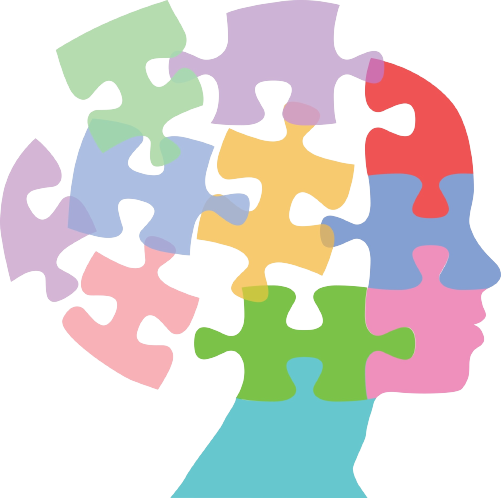Marriage is a complex and dynamic relationship, and couples often encounter challenges along the way. Here are some common problems in a marriage and suggestions on how to address them:
- Communication issues: Poor communication can lead to misunderstandings, resentment, and distance between partners. To address this problem, focus on intentional active listening, expressing thoughts and feelings honestly, and practicing empathy. Seek to understand each other’s perspectives and work on resolving conflicts through agreeing on the problem and having an open and respectful dialogue.
- Financial conflicts: Disagreements about money can cause significant stress in a marriage. It’s important to establish open and transparent communication about finances early on. Create a budget together, discuss financial goals, and make joint decisions about spending and saving. Consider seeking professional advice or counseling if financial conflicts persist.
- Lack of intimacy and affection: Over time, couples may experience a decrease in physical intimacy and affection. It’s essential to prioritize and maintain emotional and physical connection. Find ways to nurture intimacy, such as scheduling regular date nights, expressing appreciation and love for each other, and exploring new ways to be intimate and affectionate.
- Unrealistic expectations: Unrealistic expectations can place undue pressure on a marriage. Understand that no relationship is perfect, and both partners are bound to have flaws. Communicate openly about expectations and work together to find realistic solutions. Focus on accepting each other’s imperfections and embracing the strengths of your relationship.
- Conflict resolution and problem-solving: Disagreements are inevitable in any relationship. The key is to develop effective conflict resolution skills. Avoid blaming and criticizing each other and instead focus on finding solutions. Practice compromise, negotiation, and active problem-solving. If necessary, seek help from a marriage counselor or therapist to learn healthier ways to resolve conflicts.
- Lack of quality time: With busy lives, couples may find it challenging to spend quality time together. Make a conscious effort to prioritize your relationship and create dedicated time for each other. Schedule regular activities, outings, or vacations to reconnect and strengthen your bond.
- Emotional disconnect: Emotional distance can develop over time if couples do not actively nurture their emotional connection. Invest in emotional intimacy by expressing love, appreciation, and support for one another. Engage in activities that foster emotional closeness, such as sharing hobbies or engaging in deep conversations.
- Role conflicts and household responsibilities: Differences in expectations and responsibilities regarding household chores, childcare, and other roles can lead to conflicts. Have open discussions about each partner’s expectations, divide responsibilities fairly, and be willing to adapt and compromise. Regularly reassess and adjust the division of labor as needed.
- Lack of trust: Trust is the foundation of a healthy marriage. If trust has been broken, it’s important to address the issue openly and honestly. Rebuilding trust takes time, commitment, and consistent effort from both partners. Consider seeking professional help, such as couples therapy, to navigate the healing process.
- Changing priorities and life stages: Couples may experience challenges when their priorities and life stages shift, such as when starting a family, dealing with career changes, or caring for aging parents. Stay connected by regularly discussing and aligning your goals, adapting to new circumstances together, and supporting each other through life’s transitions.
Remember, every marriage is unique, and these problems may vary in intensity and frequency. It’s crucial to approach them with patience, understanding, and a willingness to work together as a team. Consider choosing one to focus on together. If difficulties persist or become overwhelming, seeking guidance from a therapist can be beneficial.

